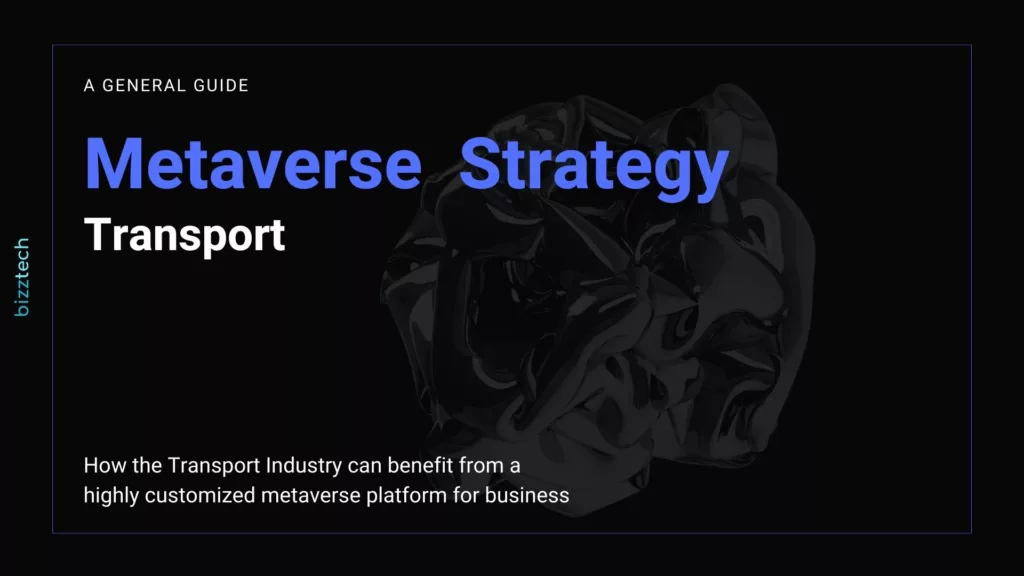
🌐 Metaverse for Business: A New Era in Transport 🌐
The metaverse isn’t a mere science fiction concept anymore. It’s here, transforming industries, especially transport. The transport industry, boasting a vast network and varied stakeholders, can reap significant benefits from a tailored metaverse platform. Let’s dive in:
🤝 Boosting Real-time Collaboration and Training 🤝
Metaverse platforms enable transport professionals to collaborate in real-time, regardless of their location. From training pilots and drivers to ship captains, the metaverse simulates real-world scenarios. This provides hands-on experience without the related risks, ensuring safe and effective training sessions.
🚗 Exploring Virtual Showrooms for Transport Vehicles 🚗
Manufacturers can now flaunt their latest vehicles, aircraft, or ships in a virtual showroom. This allows potential buyers to delve into the vehicles’ features and specifications in a deeply immersive environment, enhancing the buying experience and providing comprehensive insights.
📦 Optimizing Supply Chain and Logistics 📦
Visualizing complex supply chains becomes a breeze in the metaverse. Stakeholders can pinpoint bottlenecks, fine-tune routes, and elevate efficiency. By integrating real-time data, dynamic adjustments become possible, paving the way for improved decision-making.
🛫 Enhancing Passenger Experience 🛫
Virtual tours of airports, train stations, and bus terminals can assist passengers in familiarizing themselves with facilities. This not only elevates the passenger experience but also minimizes travel-related anxiety and confusion.
🚨 Streamlining Disaster Response and Management 🚨
In times of natural disasters or accidents, the metaverse can simulate scenarios for emergency response teams, ensuring they’re adequately prepared to manage real-world situations. This preparation can be vital, saving both time and lives during critical moments.
🏗️ Pioneering Infrastructure Planning and Development 🏗️
Stakeholders can visualize and test their infrastructure plans in the metaverse before investing in physical development. This approach can enhance urban planning, ensuring transport networks are efficient, sustainable, and cater to population needs.
🌱 Conducting Thorough Environmental Impact Assessments 🌱
The metaverse enables stakeholders to simulate the environmental impact of various activities, aiding the adoption of greener practices and minimizing their carbon footprint.
🔍 Conclusion: Navigating the Business Metaverse in Transport 🔍
The transport industry stands on the cusp of a revolution, with the metaverse set to play a crucial role. By embracing a customized metaverse platform, stakeholders can enhance efficiency, uplift user experiences, and pave the way for a sustainable transport future. The future is virtual, and for the transport industry, it’s a journey that promises substantial rewards.